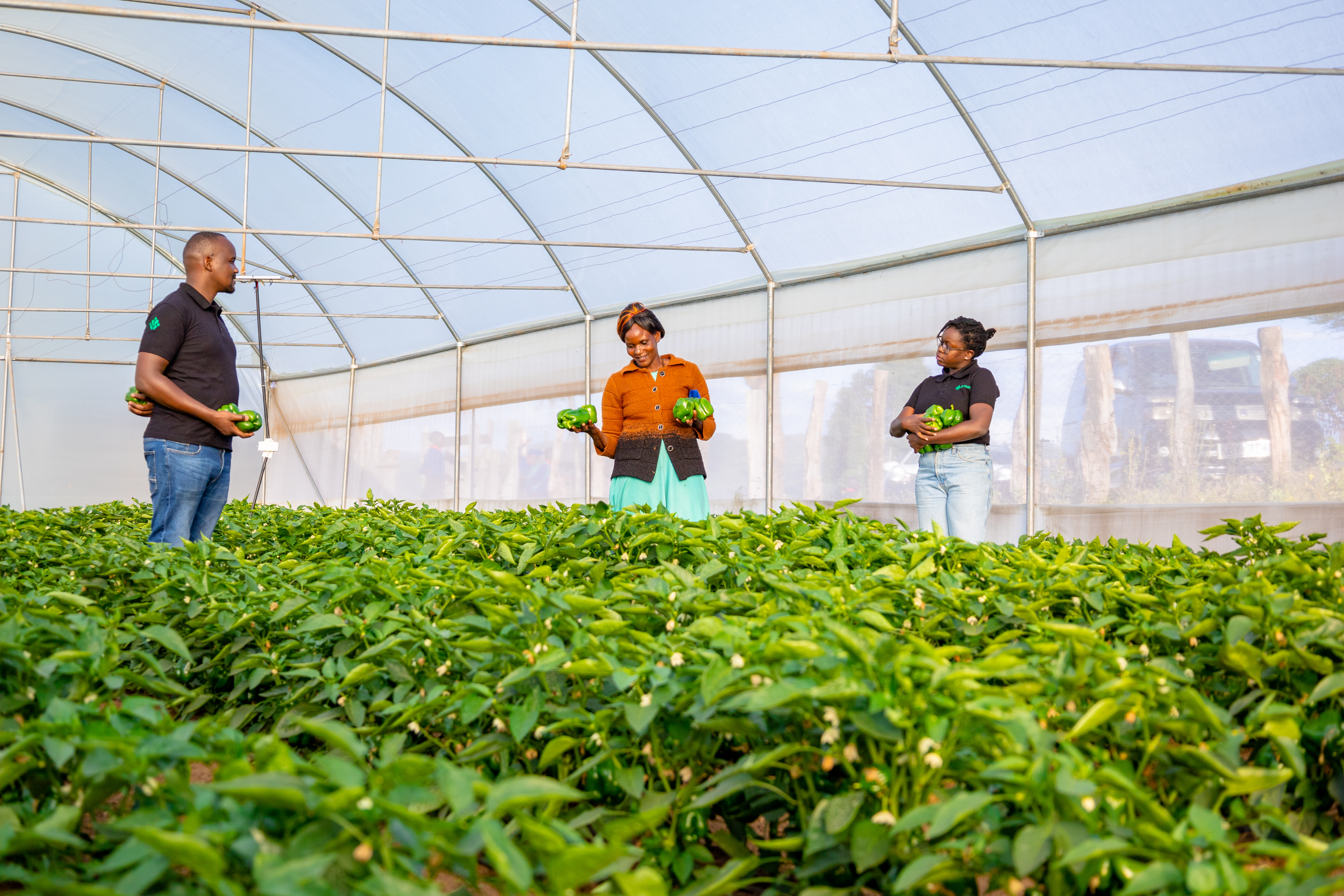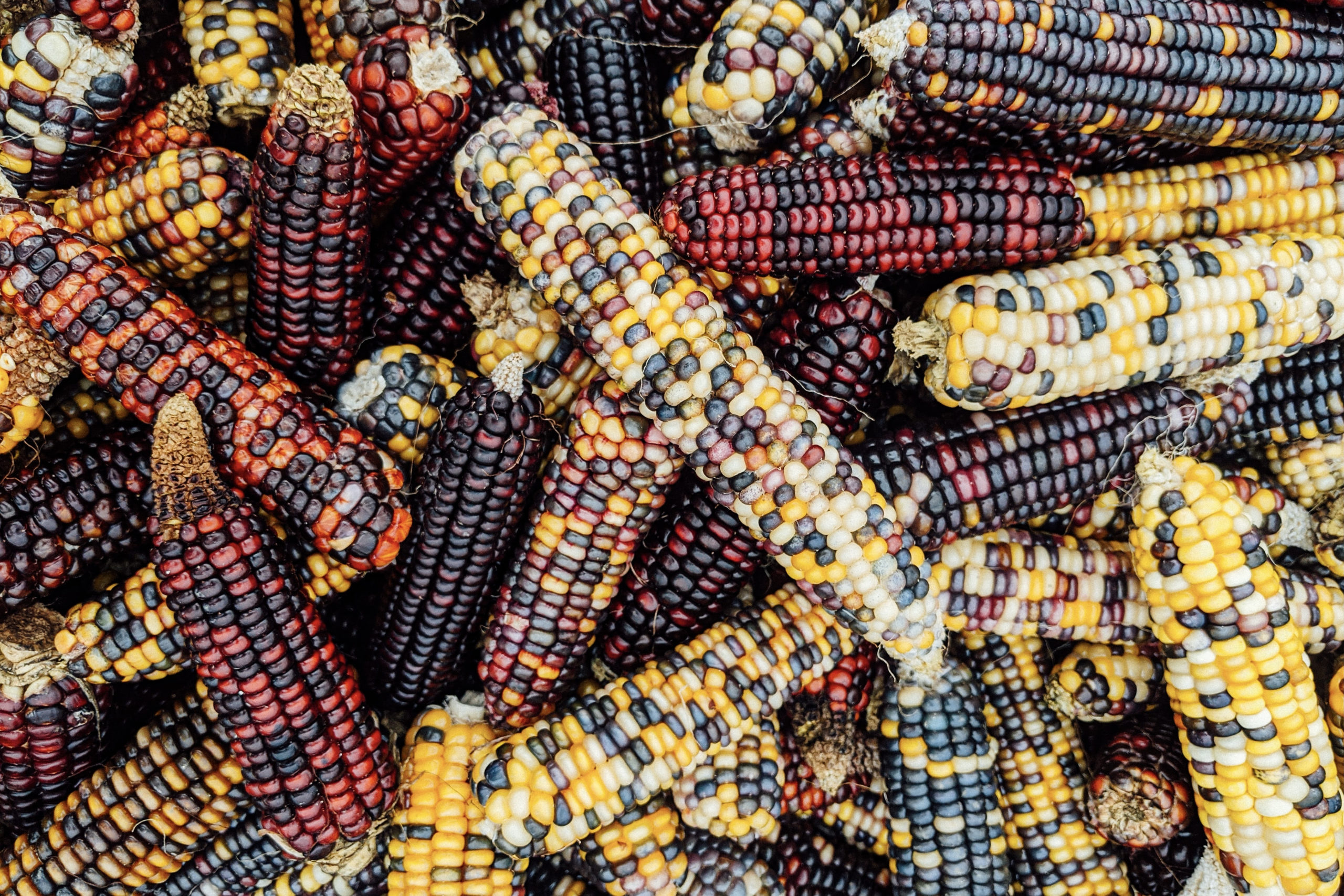Rise of Industrial Agriculture and Related Food Safety Issues

When we think of food safety, we tend to think about food-borne illnesses and contaminated meat. However, there are other issues that we should be aware of. One of these issues is soil-borne pathogens which can infect our crops directly or via the environment. These soil borne pathogens can cause severe diseases such as hepatitis E (HEV) and Bovine Spongiform Encephalopathy (BSE) also known as mad cow disease. It is important that we focus on food safety issues in modern agriculture because these will have a large impact on quality of life, health, and well being.
Food production and processing have changed in the past few decades. What was once a hobby is now a multi-billion dollar industry all over the world, contributing to economic growth as well as feeding millions of people daily. But there are still many issues that need attention if we want to keep food safe and edible and this is witnessed by the rise of industrial agriculture that has led to a number of food safety issues.
One major problem with industrial agriculture is the way it handles livestock. Livestock are kept in cramped and unsanitary conditions, which can lead to disease and other problems. Additionally, industrial agriculture relies heavily on pesticides and other chemicals, which can be dangerous both for the environment and for human health.
Industrial agriculture is more efficient but it also creates new risks. One major risk associated with industrial agriculture is the use of genetically modified organisms (GMOs). GMOs are created through genetic engineering, which can lead to unforeseen side effects in the food supply that may not be safe for humans or the environment.
Another problem with industrial agriculture is the way it handles resources. Industrial farms typically require larger amounts of land and water than traditional farming practices, which can have negative consequences for both the environment and human populations. Finally, industrial agricultural practices pose a risk to human health by contributing to obesity and other diseases associated with poor diet habits.
The dangers of food-borne illness and how to avoid them
Foodborne illness is a serious problem in the whole world, with an estimated 600 million – almost 1 in 10 people in the world – fall ill after eating contaminated food and 420,000 die every year according to WHO, resulting in the loss of 33 million healthy life years. Symptoms of foodborne illness can include vomiting, diarrhea, and abdominal cramps, which can often lead to dehydration.
Some of the most common causes of foodborne illness include Salmonella, E. coli, and Listeria. To avoid getting sick from foodborne illness, it is important to cook meat and poultry thoroughly and to avoid cross-contamination by keeping raw meat separate from other foods. If you suspect that you have contracted a foodborne illness, it is important to see a doctor immediately as some illnesses can be life-threatening if left untreated.
How modern farming practices can impact food safety
Antibiotics are used in livestock to treat infections, but this practice can lead to the development of antibiotic-resistant bacteria. This is a serious public health threat as these resistant strains of bacteria can cause serious illnesses, such as pneumonia and meningitis.
Pesticides and other chemicals used in agriculture can contaminate food and water supplies, leading to potential health problems for consumers who consume these products or drink from contaminated water sources. These contaminants can also end up on fruits and vegetables that we eat, potentially causing adverse health effects.
Factory farming practices can result in unsanitary conditions that spread diseases among animals and humans alike. In addition, these conditions often result in the overuse of antibiotics and other drugs which further contributes to the growth of antibiotic-resistant bacteria.
Transportation methods such as trucks, trains, planes, boats, etc., can spread foodborne illness by transporting contaminated food products long distances across borders or through different parts of cities where they may come into contact with people who have not been vaccinated against those illnesses.
Improper food handling and storage practices at home or at commercial facilities can lead to contamination and cause foodborne illness outbreaks – even if there is no contact with animals or their excrement!
What consumers can do to make sure their food is safe
It is important for consumers to do their own research on food safety issues in order to be informed about what is happening in the agriculture industry. There are many resources available online, including government websites and private organizations such as the Centers for Disease Control and Prevention (CDC). By using these resources, consumers can learn about specific food safety concerns and make decisions based on their own personal values and beliefs.
Besides doing their own research, consumers can also support companies that are working to improve food safety standards by purchasing their products. For example, if a company is taking steps to improve its handling of pathogens or pesticides, customers may want to buy its products even if they don’t agree with all of the company’s other policies or actions.
Another way that consumers can help ensure food safety is by demanding transparency from companies about where their food comes from and how it was produced. This includes information like where ingredients were sourced, how the product was made, and any health risks associated with consuming it.
Finally, when it comes to food safety issues, consumer choices matter most of all! By choosing foods that meet personal standards for quality and safety, people can make a real difference in protecting themselves and others from harmful exposures.


